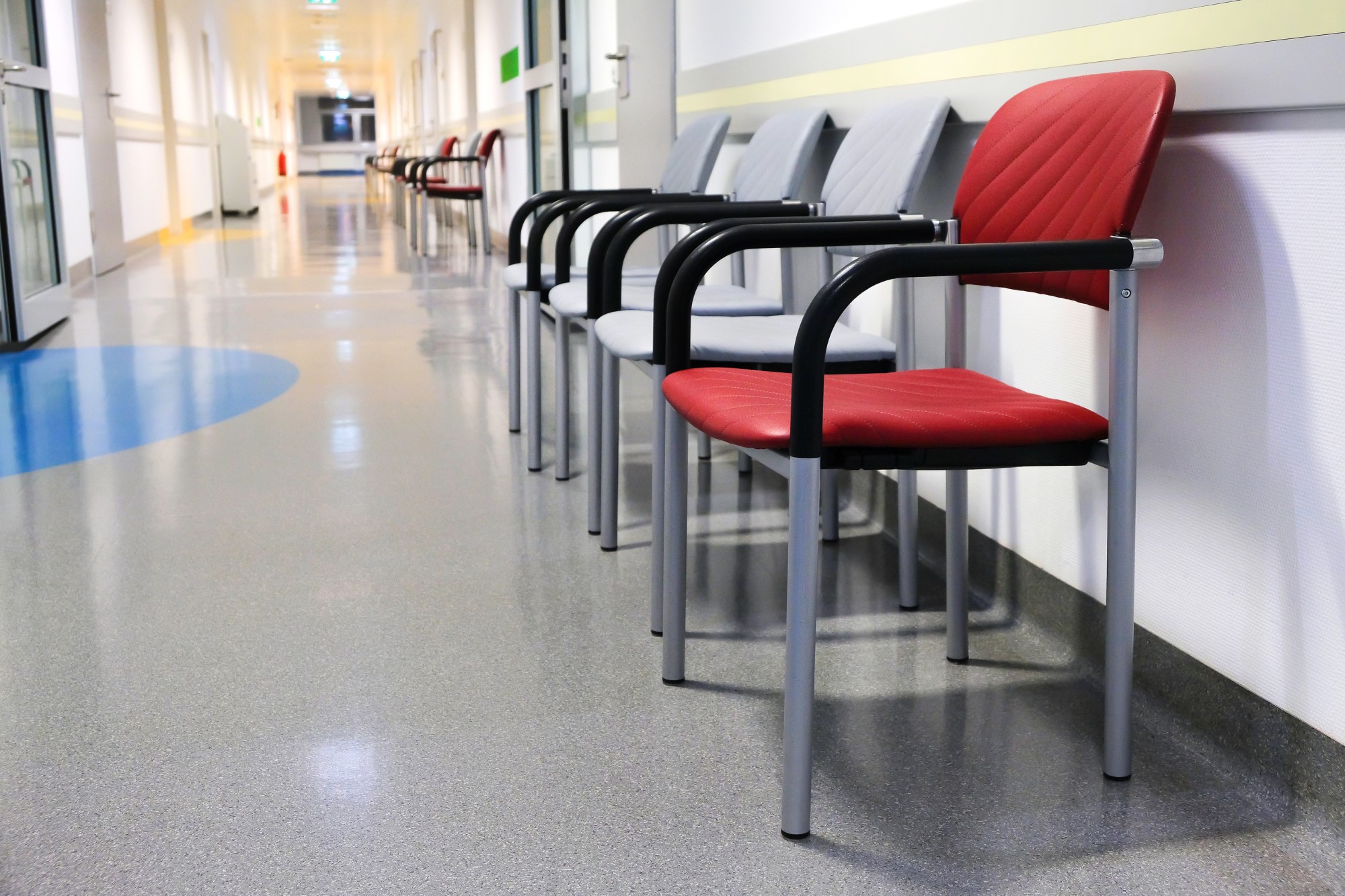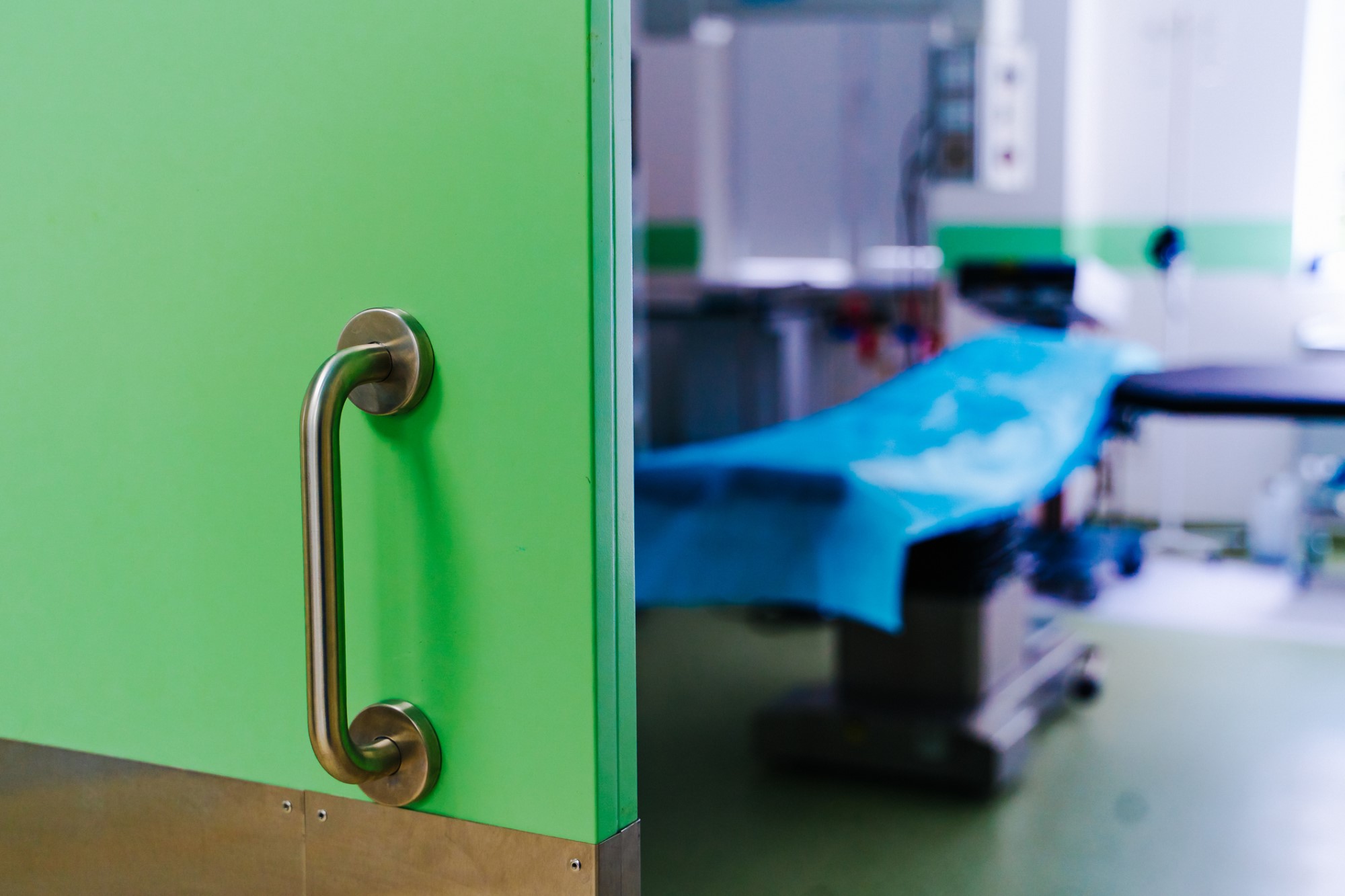A Brave New Pod? The EctoLife Fantasy

If you’re wondering what an entire facility of artificial wombs may look like, then look no further. On December 9, 2022, Hashem Al-Ghaili released his concept, “EctoLife,” via YouTube. The video offers a glimpse into the “world’s first artificial womb facility,” or rather what looks like a sci-fi dystopia movie – rows of fetuses in pods being “produced” in a factory-like environment. While only a idea for now, what is essentially on offer is the ability for parents to produce customized children that bypasses the process of pregnancy altogether.
Renewable energy powers the fantasy facility’s 75 labs, all equipped with up to 400 growth pods designed to provide a similar environment to inside a mother’s womb. Designed to “grow” 30,000 babies a year, EctoLife promises non-gestational pregnancy, control of the gestational environment, and the chance for parents to witness their baby’s growth and development using an app on their phone and via a VR headset. The hope, the narrator in the video claims, is that such an apparatus could be used to combat infertility by allowing parents to have biologically related offspring without experiencing pregnancy or conception. Additionally, parents could “customize” their embryo and choose their child’s level of intelligence, height, hair and eye color, skin tone, and physical strength.
Unsurprisingly, this video has attracted much attention and currently has 2.1 million views on YouTube. Described in the comments section as “insanely scary” and “truly alarming,” some have likened the idea to a modern-day Matrix. USA Today has refuted false claims that such a facility exists, and Dr. Guid Oei, a gynecologist and professor at the Eindhoven University of Technology, has confirmed that the technology in the video is not currently possible.
Although EctoLife is pure fantasy, it does provide a rather interesting thought experiment for exploring our moral intuitions concerning the creation of future children.
Concerns over “designer babies” are not new; similar fears circulated when in vitro fertilization (IVF) was first developed. However, the possibility of child customization – using a “genetic menu” that offers the choice of over 300 genes – goes much further than reproductive technology like IVF, which has a more limited capability of recognizing and removing genetic abnormalities in an embryo. Today, this is done using a technique called pre-implantation genetic diagnosis (PGD). PGD is not currently regulated in the United States, and whilst it is used to screen for genetic diseases, it’s also commonly offered for sex selection. One study found that in the United States, 72.7% of fertility clinics offer sex selection and 83.5% of those clinics offer sex selection for couples without infertility problems. Meanwhile, the development of CRISPR-Cas9 is the most advanced science has become in gene editing and likely the closest we will get to “customizing” genes. This gene-editing technology can remove, add, or alter precise sections of our DNA sequence. However, there are some that argue that the high risk of collateral damage makes CRISPR-Cas9 gene editing ultimately unethical.
The EctoLife video promises parents the power to design “the most viable and genetically superior embryo” – labeling undesirable qualities and traits as genetic defects to be removed and placing negative connotations on (perceived) disabilities. But surely which attributes represent the “best qualities” in society is a subjective question; qualities that one individual may find desirable, another may not. Who can really say?
There have been examples of parents who have selected for certain qualities that some individuals may choose to select against. For example, a deaf couple who deliberately chose to have a deaf child did so because they did not consider their deafness a disability. Instead, they saw it as a cultural identity – a quality that enabled (and structured) communication with others within the deaf community. In an interview with The Washington Post, the parents asserted that they would make better parents to a deaf child. Many, however, criticized the parents for the “harm” that were believed to have intentionally foisted on that child. Others were not convinced. For instance, Julian Savulescu, in “Deaf Lesbians, Designer Disability, and the Future of Medicine,” insisted that a child “is harmed by being selected to exist only if his or her life is so bad it is not worth living. Deafness is not that bad.” Instead, Savulescu argued that parents should have the freedom to choose the “best” child for them, and not only that, he argued that all parents have a moral responsibility to do so.
So, should we have the freedom to extend our reproductive choices so far as to “fully customize” our children as EctoLife advertises? Do we have a moral obligation not only to prevent “suffering” in future children but also to “enhance” them?
The proposed ability to choose specific characteristics in EctoLife’s “elite package” pose a variety of issues. The liberalization of these choices may risk the creation of “designer babies,” which are unlikely to come without a hefty price tag. There is already a lack of insurance coverage for IVF in the United States, and it seems unlikely that insurance companies would pay for parents to “embryo shop” in this capacity. It is projected that the average cost of a single IVF cycle in 2023 can range from $15,000 to $30,000. It is therefore likely that if the EctoLife fantasy did exist, the projected costs for parents would be far higher. This may mean that the “elite” have a monopoly over the technology, as well as an outsized influence over which qualities make a child the “best.” Sure, the financially secure already have this capacity via social advantages, but allowing for “fully customizable” embryos and the creation of preference-matched children may encourage eugenic practices.
Still, we’re very far away from tailor-made humans “hatched” on a production line, and, in reality, it is highly unlikely EctoLife will ever come to be – firstly, due to it being outside of the realms of scientific possibility, and, secondly, because of the current restrictions in the U.S. attached to the editing of human embryos. At the moment, EctoLife is simply no more than a fanciful thought experiment. However, it certainly encourages us to revisit the ethical debate over where to draw the line between prevention and enhancement, as well as whether the benefits of gene editing can outweigh the potential societal harms.




